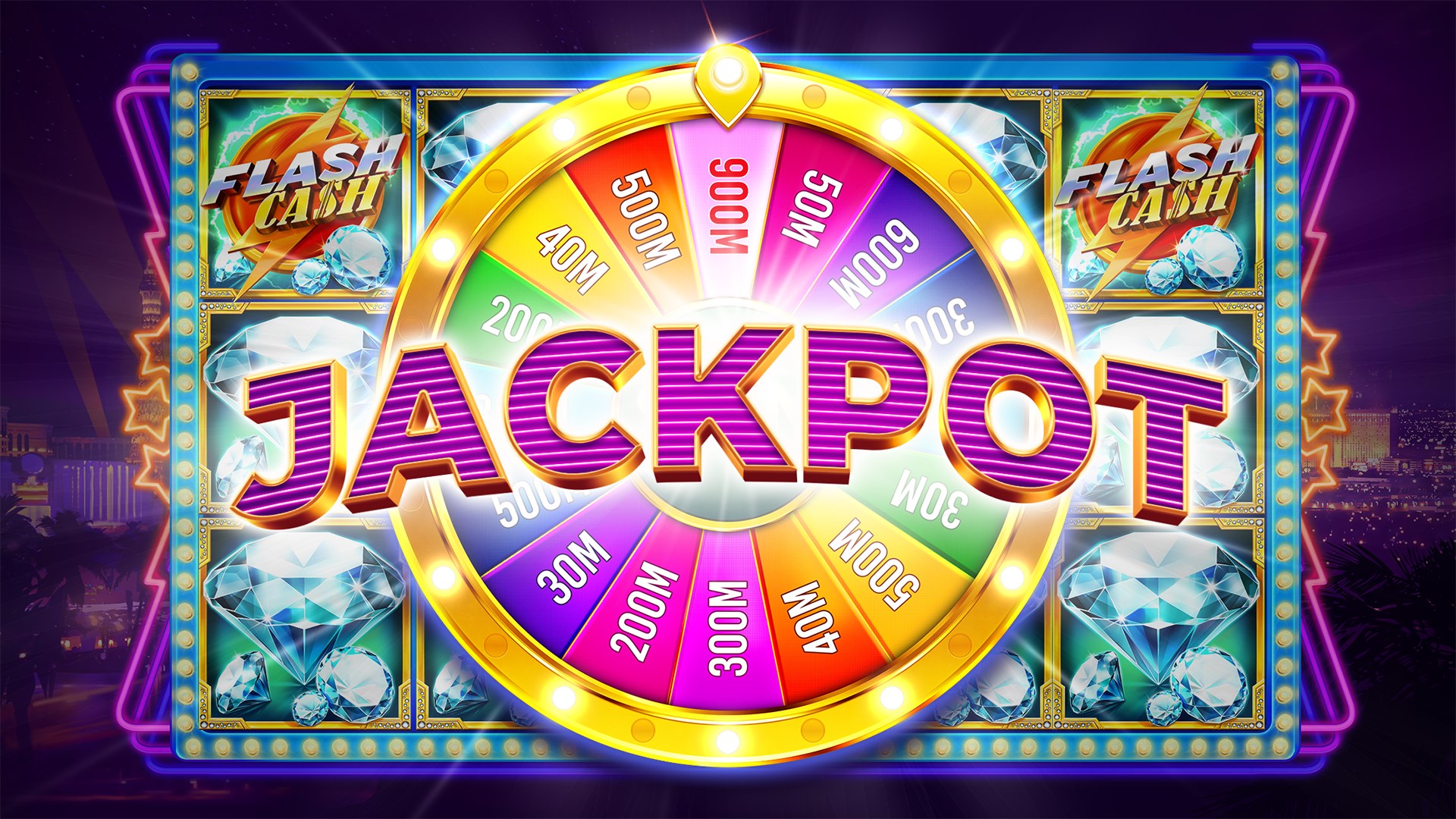Casino offerings have been a source amusement and excitement for numerous players around the globe. One of the main components that make these games captivating is the diversity of cards used in various types of games. Understanding the various types of cards can improve your experience and refine your gameplay approaches. Regardless of whether you are attracted to classic card games like Texas Hold’em and blackjack or modern casino offerings, each game depends on a distinct set of cards that affects the rules and the flow of play.
In casino settings, cards come in various forms, each designed to fit the needs of particular games. From regular decks to custom card variations, the diversity plays a key role in shaping the mechanics of each game. By familiarizing yourself with these cards and their applications, you can achieve more profound insights into the games and make better decisions at the table. This understanding not just enriches your overall gaming experience but also contributes to a higher-level approach to your odds of success.
Types of Playing Cards
When it comes to casino games, the type of playing cards used can significantly impact the gameplay and strategy. The most frequent deck is the standard 52-card deck, which consists of 4 suits: clubs, and spades. Each suit contains 13 ranks, from Ace to King. This standard deck is essential in numerous games, such as blackjack, where players aim to create the best hand possible or approach 21 as they can.
Some casino games use unique decks specifically designed for those games. For instance, the popular game of baccarat often uses various decks shuffled together, typically 6 or eight. This not only increases the difficulty of the game but also impacts wagering strategies, as players must consider the increased number of cards in play. Additionally, certain games may introduce jokers or wild cards, providing further diversity and thrill to the gaming experience.
In niche games, custom decks may come into play. For instance, in games like Bridge or pinochle, players might use specific rules with different card values or roles. These changes keep the gameplay new and allow for diverse strategies to emerge. Understanding the different types of playing cards and their specific uses in different casino games is key to enhancing one’s gaming experience and improving overall performance at the tables.
Deck Modifications in Casino Activities
In casino games, the type of deck utilized can significantly impact both the gameplay and the strategies used by participants. Most traditional card activities, such as blackjack and five-card draw, typically use a regular 52-card pack. However, modifications do exist where additional jokers or even several decks are utilized. For example, in blackjack, some gaming establishments may use one to eight packs, which can change the probabilities and the fundamental tactics required to compete effectively. Participants must be aware of the set of cards composition, as it affects the casino advantage.
Another frequent modification in gambling card games is the utilization of specialized or specialized packs. For example, some poker games might use a set of cards that features unique images or patterns, which can enhance the environment at the table. These custom packs often serve to distinguish between different play formats or loyalty programs within the casino. While the traditional rules of the activity remain the same, the visual appeal can influence player engagement and satisfaction.
Lastly, the shuffling methods used with various kinds of decks can also impact play. Casinos often utilize automatic shufflers that can randomly shuffle multiple decks effectively, making hand counting more challenging. The frequency and method of mixing can differ widely based on the game and the gaming establishment’s policies. Comprehending these deck modifications is crucial for any player looking to enhance their game strategy and overall satisfaction in casino games.
Significance of Playing Card Worth
In gaming activities, the value of every card plays a key role in deciding the outcome of various games. Various activities assign specific values to cards, influencing strategies and player choices. For example, in blackjack, playing cards ranging 2 through ten are valued at their actual value, while court playing cards hold a value of ten, and the Ace can be worth as 1 or 11. Comprehending these worths allows gamers to make informed choices during gameplay, boosting their chances of winning.
Similarly, in the game of poker, the importance of playing card worths extends to hands and hand hierarchies. non GamStop casino High worth cards can form more powerful combinations, such as pairs, straight hands, or flush hands, which are crucial for triumph in the activity. Players must consider not only their personal cards but also potential hands their opponents might hold. This strategic complexity adds excitement and complexity, making playing card worths a key factor in poker’s appeal.
Furthermore, the mental element of playing card worths cannot be ignored. Players may use the knowledge of playing card worths to deceive or mislead their opponents. By grasping how a card’s worth can impact the game’s dynamics, gamers can better navigate risks and gains, creating a thrilling environment in gambling activities. Whether playing for entertainment or for actual money, knowledge of playing card values significantly shapes the overall playing encounter.

